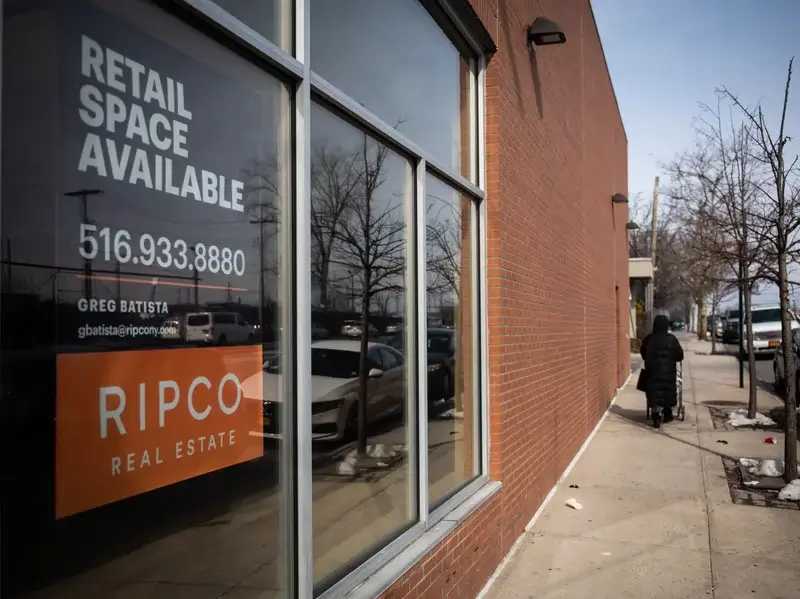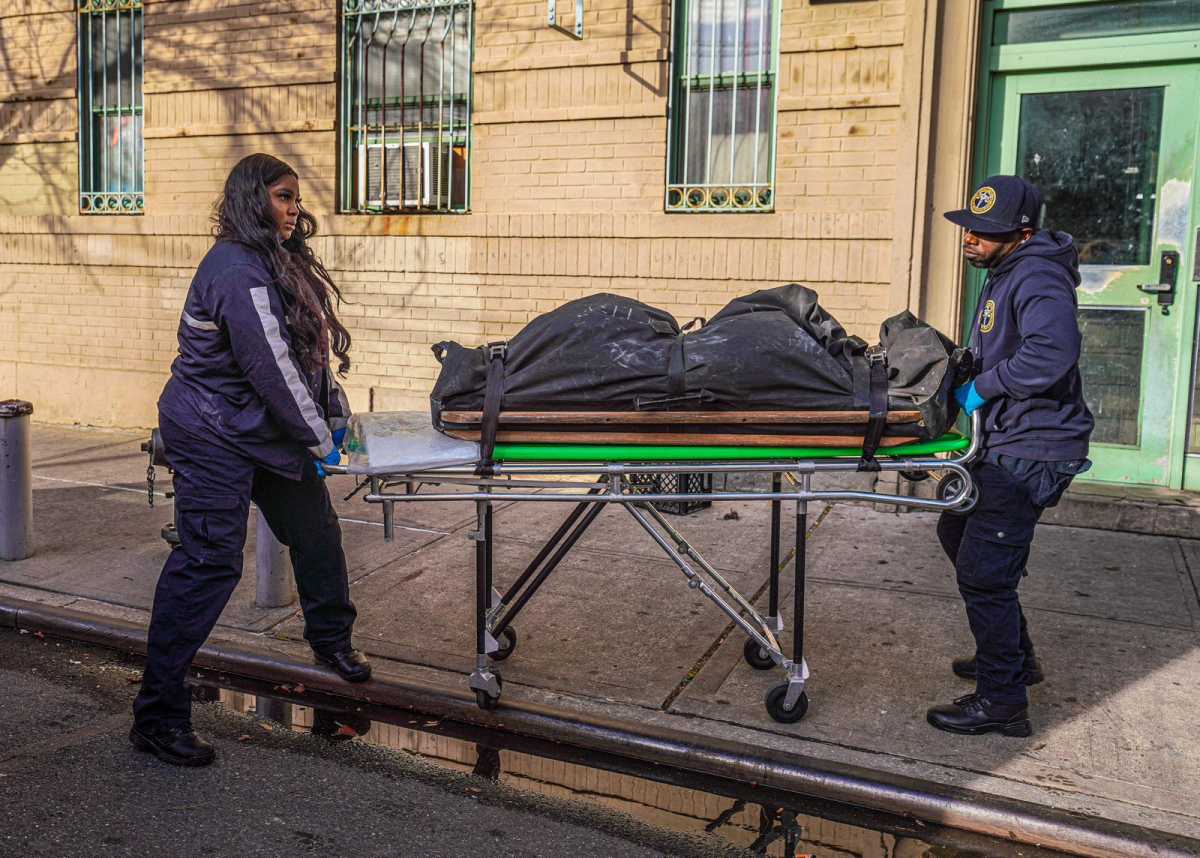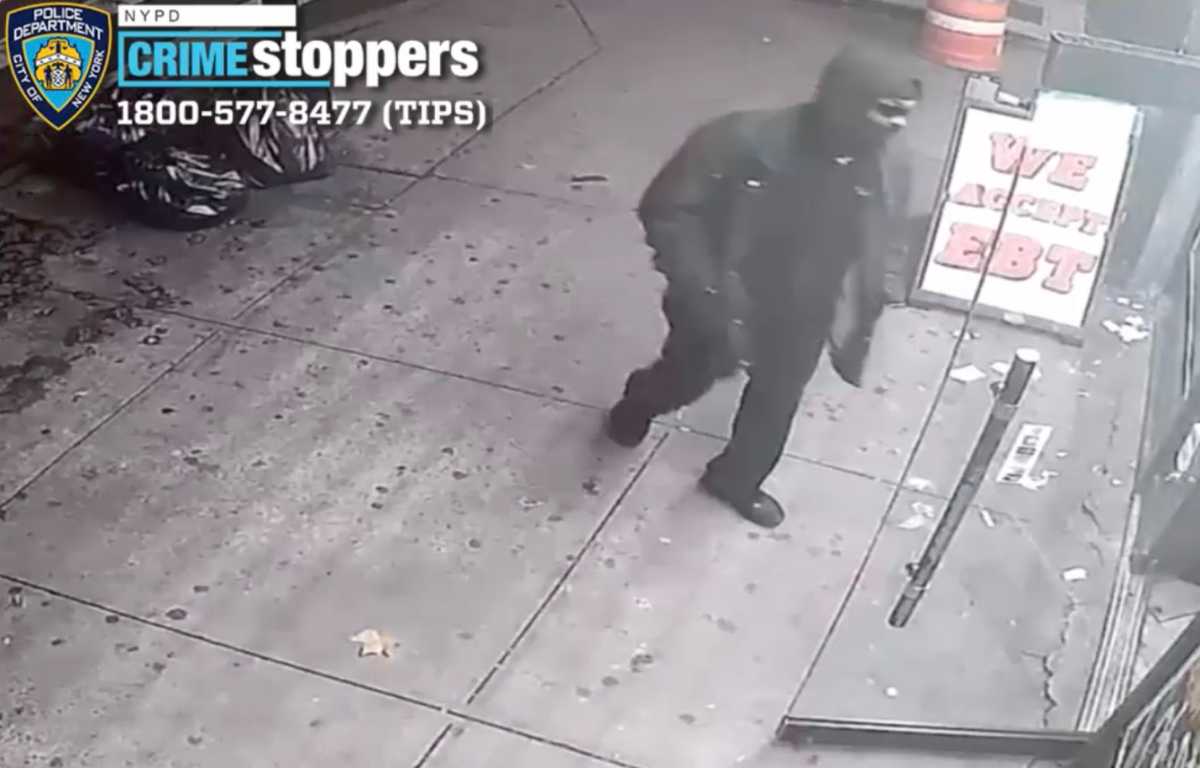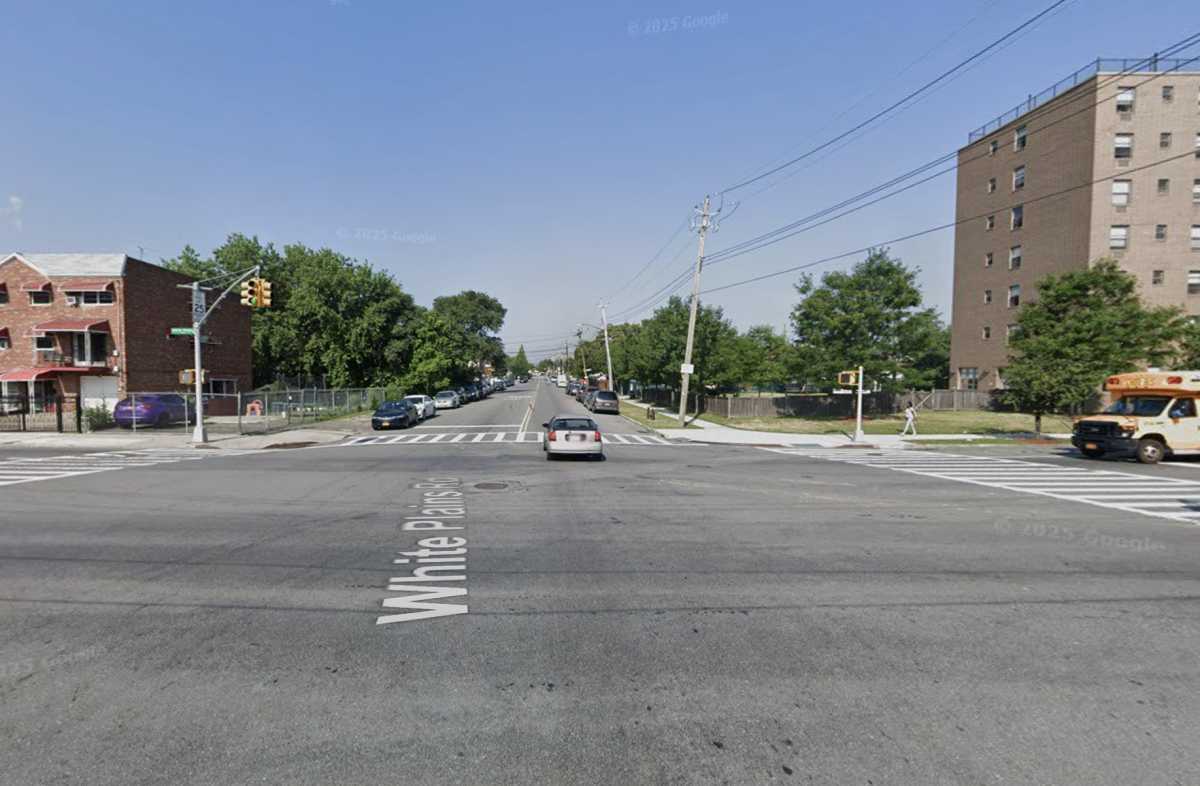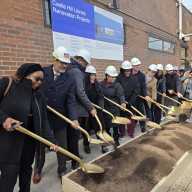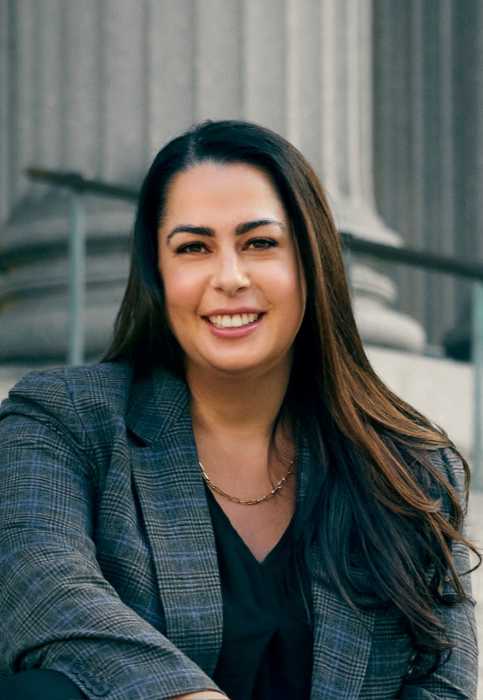During a visit to the South Bronx on Wednesday, Gov. Kathy Hochul — locked in a Democratic primary battle — announced the installation of a new advisory council tasked with delivering $150 million to small businesses in need, with a focus on lending financial empowerment to minority-owned businesses and communities ravaged by COVID-19.
According to SoBro, a Bronx-based community group aimed at addressing disinvestment in the South Bronx business community, 40% of Bronx businesses closed their doors during the pandemic. Even more harrowing are the estimated 60%-80% of South Bronx minority-owned businesses that may be at risk of closure without serious financial relief, according to the NYC Comptroller’s Office.
“As we celebrate our fiftieth year, we see that today our small businesses remain fragile,” said Lourdes Zapata, SoBro president and CEO. “Our minority women-owned businesses continue to face disproportionate challenges … and the Bronx is also the most underbanked borough in the city.”
Between February and April of 2020, Black business ownership declined more than 40%, the largest drop across any ethnic group, according to a report by the House Committee on Small Business Committee. The report details how Black-owned businesses were less likely to handle mandated closures due to lack of access to financial relief.
Even before the pandemic Black-owned businesses still faced disproportionate financial distress and lack of financial relief access. According to the Federal Reserve Bank of New York, about 58% of Black-owned businesses were at risk of financial distress before the pandemic, compared with about 27% of white-owned businesses.
The advisory council, which will be comprised of Community Development Financial Institutions (CDFIs) and Minority Depository Institutions (MDIs), is chartered by the state and under the leadership of Adrienne Harris, the New York Department of Financial Services superintendent.
CDFIs are private financial institutions that often deliver affordable lending to help low-income, low-wealth, and other disadvantaged people and communities join the economic mainstream. MDIs are defined by a minority-owned voting stock that exceeds 51% or more, or including a minority-majority on the board of directors and that the community the institution serves is predominantly minority.
“This pandemic has hit communities of color disproportionately hard, exposing the structural racism embedded in our financial system. We must open lines of communication and work together to find the most effective solutions,” said Hochul, who received the Democratic nomination at the party’s convention in Manhattan last week. “My Administration is committed to support New York’s community lender institutions that bring financial tools and services to underserved communities. We must ensure our recovery from the pandemic is fair and equitable for all New Yorkers.”
When it comes to investing and supporting the state’s small business, Hochul has spared no expense.
Included in her record-setting FY2023 budget proposal is an assistance package for small businesses that leverages more than $500 million to New York state through the state’s Small Business Credit Initiative over the next several years.
“This plan will invest in the growth and retention of small businesses of the future, small business tax credits for businesses that took on COVID-related expenses, seed funding to establish new businesses, provide flexible grants to early-stage small businesses, expand small business lending, and help small businesses secure contracts,” a statement from the governor’s office reads.
The plan, which was passed as part of The American Rescue Plan Act, and was submitted to the U.S. Treasury earlier this month and is awaiting federal approval.
Hochul said that outreach efforts to small businesses will be conducted by CDFIs, MDIs and credit unions, and Empire State Development CEO and President Hope Knight will be tasked with administering funds, pending federal approval.
During the governor’s visit to the South Bronx, Bronx Borough President Vanessa Gibson said the Bronx wants “further investments, further access and further opportunities” to allow for economic growth in the borough, as it tries to recover from the pandemic.
Reach Robbie Sequeira at rsequeira@schnepsmedia.com or (718) 260-4599. For more coverage, follow us on Twitter, Facebook and Instagram @bronxtimes.

